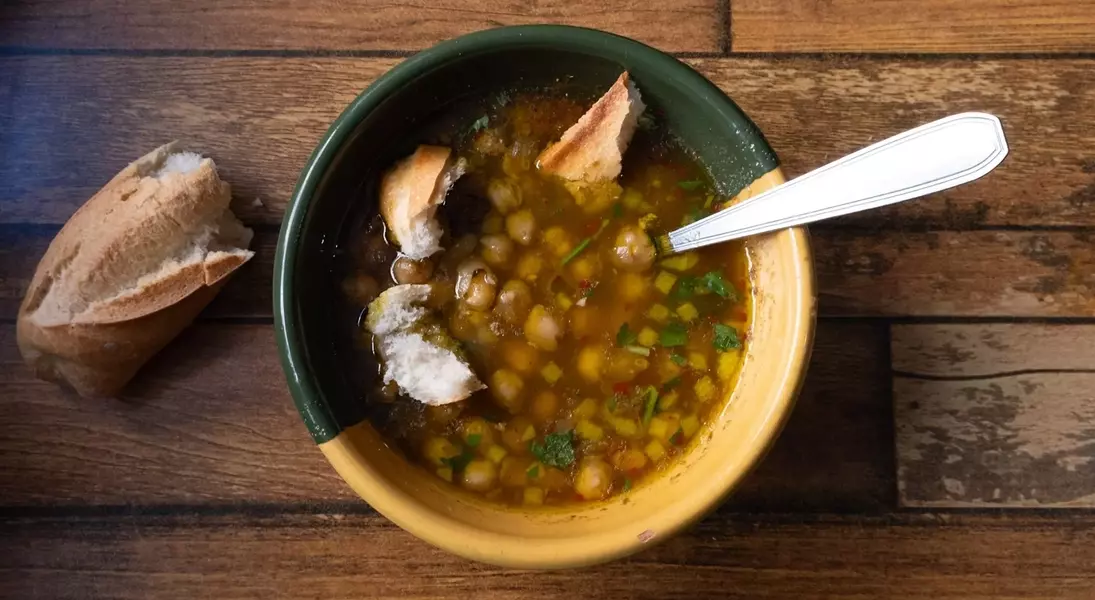
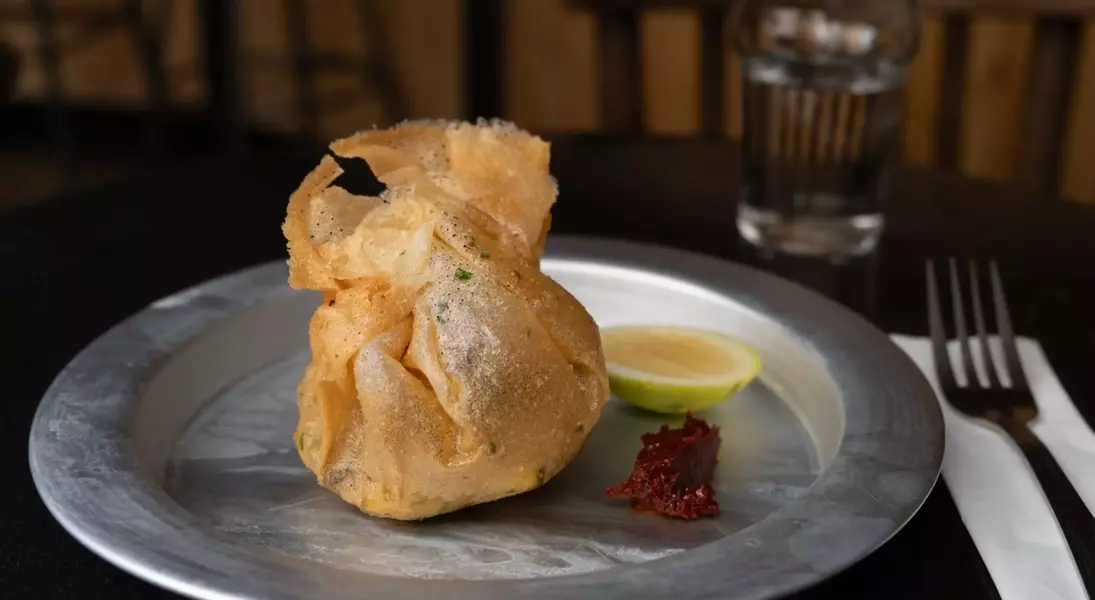
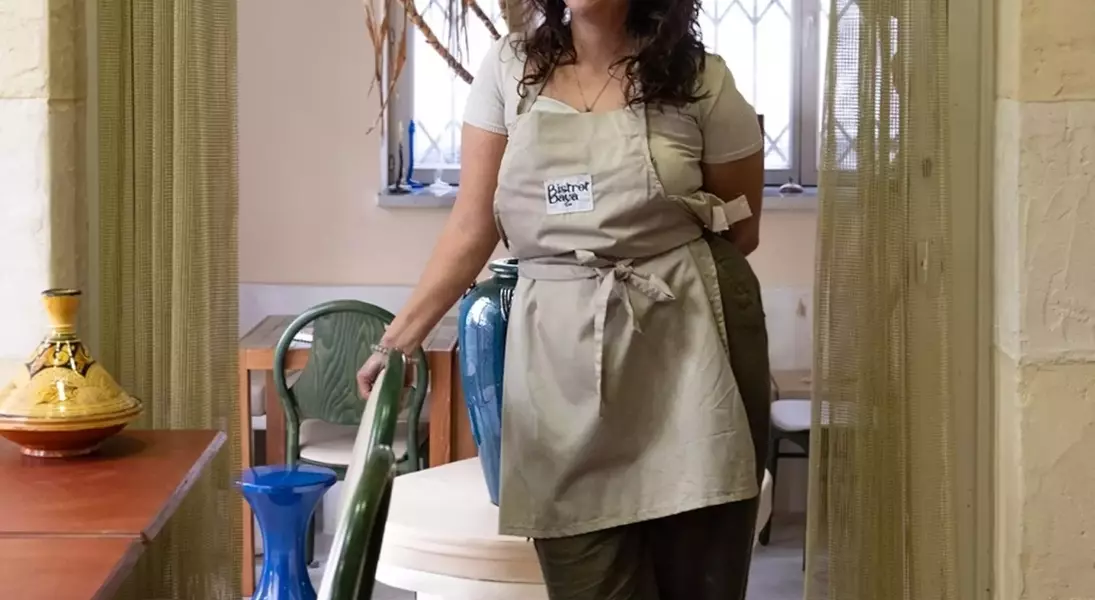
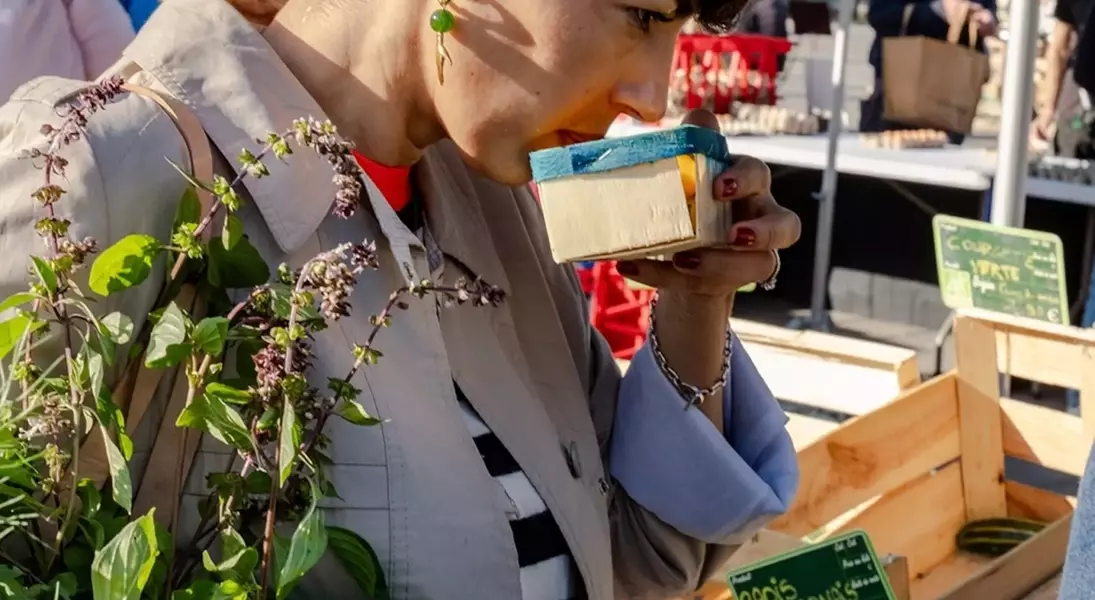
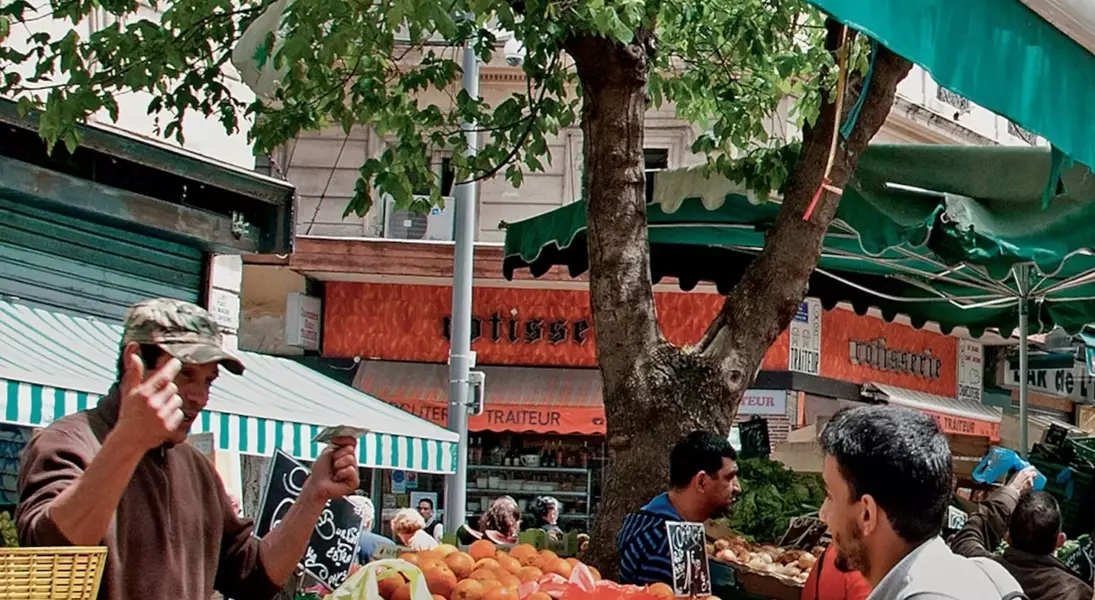
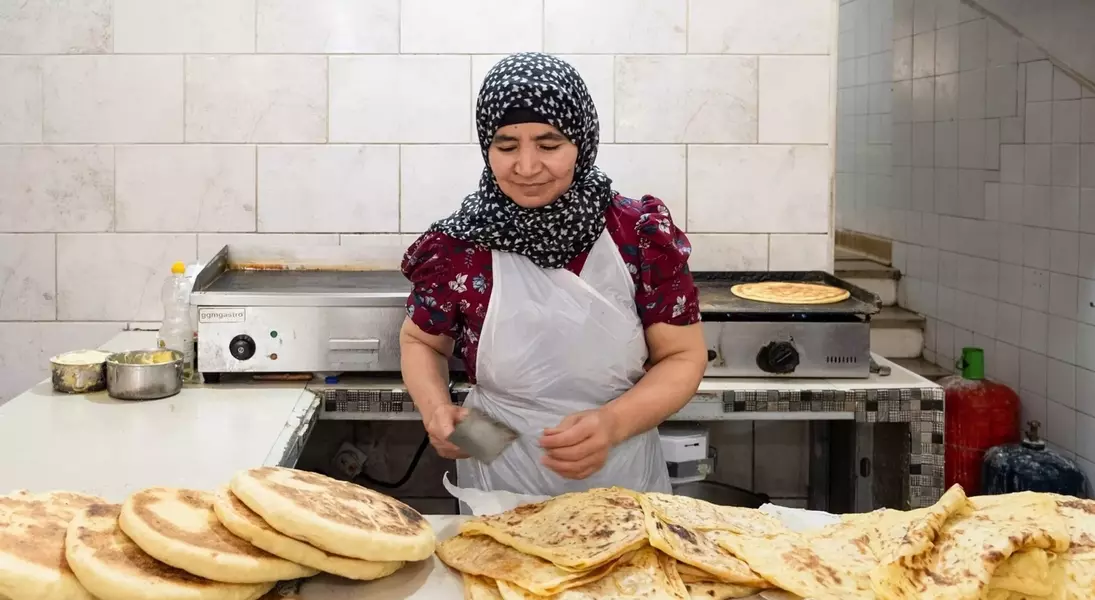


Immerse yourself in the vibrant food scene of Marseille, where North African and French culinary traditions blend seamlessly. This melting pot of flavors is a testament to the city's multicultural heritage, shaped by centuries of migration and cultural exchange. Chefs like Johann Barichasse and Maeva Hocini are reimagining traditional dishes with a modern twist, offering a taste of their ancestry while appealing to contemporary palates. Through their innovative creations, they connect with their roots and share their stories through the universal language of food.
Marseille's rich tapestry of cuisines extends beyond its restaurants, with local markets and supper clubs providing unique opportunities to experience the city's gastronomic diversity firsthand. Here, ingredients and techniques from North Africa meet Provencal influences, creating a harmonious fusion that captivates locals and visitors alike. This culinary journey not only highlights the city's history but also celebrates the evolving identity of its residents.
A Journey Through Heritage: Rediscovering Roots
Chefs in Marseille are weaving their personal histories into their culinary creations, bridging past and present. By revisiting family recipes and incorporating elements of their cultural backgrounds, these innovators offer diners an authentic taste of tradition. For instance, Johann Barichasse at Les Rigoles crafts a brik pastry inspired by his Jewish-Algerian and Moroccan heritage, blending familiar comfort foods with inventive presentations. Similarly, Maeva Hocini at Bistrot Baya honors her Algerian origins by reinterpreting classic French dishes, such as stuffing cabbage with an Algerian-inspired filling.
The connection between food and identity runs deep for these chefs. Johann explains how his parents, exiled from their homeland, lacked a strong cultural tie, but the younger generation seeks to reconnect. His menu reflects this interest, featuring dishes like chreime and kefteji that pay homage to his roots. Meanwhile, Maeva shares her grandmother’s influence on her cooking style, emphasizing the role of food as a common language across generations. Her restaurant embodies a DIY aesthetic, with mismatched furniture and hand-scribbled menus reflecting her eclectic approach. Despite never visiting Algeria, Maeva channels her origins through flavors, making each dish a personal statement.
Market Melodies and Supper Clubs: Experiencing Authenticity
Beyond the dining rooms of Marseille's restaurants, local markets and supper clubs provide immersive experiences of the city's culinary culture. Boutheina Ben Salem, who transitioned from law to cooking, hosts events celebrating North African cuisine. At Noailles Market, known affectionately as "the belly of Marseille," she navigates stalls filled with fresh produce, spices, and preserved goods, showcasing the vibrant heart of the neighborhood. The market's bustling atmosphere offers a sensory journey, where Arabic and Kabyle languages dominate over French, highlighting the area's distinct character.
Boutheina invites visitors into her kitchen, demonstrating her take on brik, a dish that combines harissa, potatoes, capers, and an egg yolk wrapped in filo pastry. She emphasizes the concept of "nafas," or the breath that infuses flavor into cooking, suggesting that even identical recipes can vary based on the cook's touch. Alexis Steinman, a travel writer and food guide, further enriches the exploration by leading tours through Marseille's North African highlights. Stops include Maison Journo for Tunisian snacks, Chez Sofiane for Algerian karantika, and Le Fémina for Berber-influenced barley couscous. Each venue tells a story of cultural integration, proving that food transcends borders and unites people through shared experiences.
